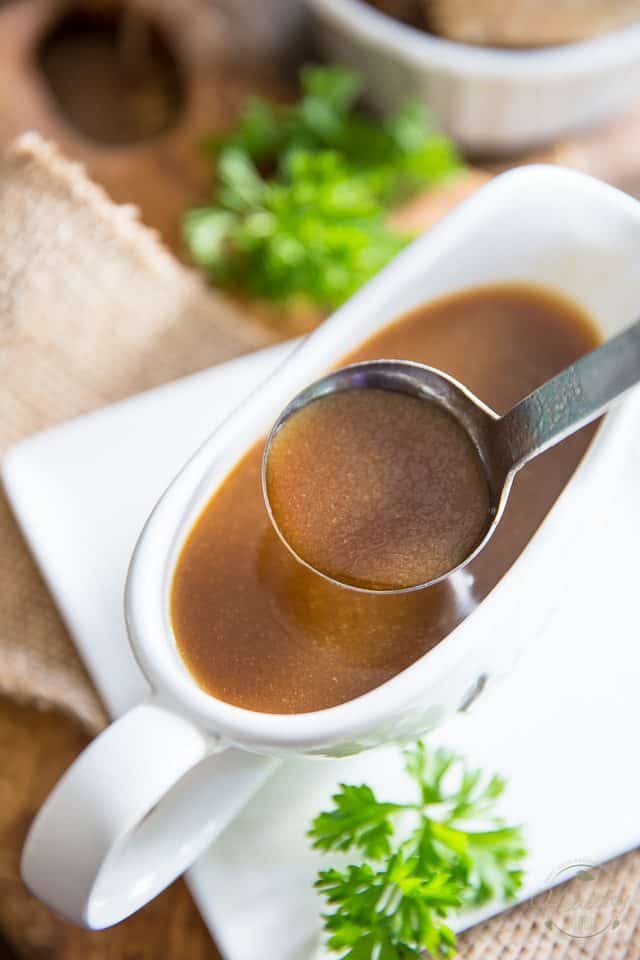Signs If chicken bone broth Is Safe
Signs If chicken bone broth Is Safe
Blog Article
The Significance of Healthy And Balanced Food: Why Bone Broth Is a Wonderful Option for Infants
Bone broth stands out as a nutrient-dense choice, providing crucial vitamins and minerals that sustain development and growth. What are the finest ways to introduce bone broth to your little one?
Nutritional Conveniences of Bone Broth for Infants
When you present bone broth to your baby's diet regimen, you're supplying a nutrient-dense food that provides countless health and wellness benefits. Loaded with vital minerals and vitamins, bone broth consists of calcium, magnesium, and phosphorus, which support your baby's growing bones. It's likewise abundant in collagen, assisting in the development of healthy skin, joints, and connective cells.
Moreover, bone broth is an excellent source of amino acids like glycine and proline, which play a considerable duty in overall development and muscle mass development. These nutrients help advertise a solid immune system, setting a strong foundation for your infant's health and wellness.
Furthermore, bone broth is simple to absorb, making it a mild option for your youngster. By incorporating this wholesome food into their meals, you're guaranteeing they get essential nutrients essential for their overall well-being. Go in advance and make bone broth a staple in your infant's diet plan!
How Bone Broth Sustains Food Digestion
Bone broth is loaded with necessary nutrients that can really profit your infant's food digestion. It advertises digestive tract health and aids with nutrient absorption, making it an excellent enhancement to their diet. By incorporating bone broth, you're setting the phase for a much healthier gastrointestinal system.
Nutrient-Rich Structure
One of the most nutrient-rich foods you can present to your baby's diet is bone broth, which is packed with crucial minerals and amino acids that sustain healthy and balanced food digestion. Rich in collagen, bone broth aids enhance your infant's gut cellular lining, making it less complicated for their body to take in nutrients. By incorporating bone broth into your baby's dishes, you're providing them a wholesome food that nurtures their digestion system successfully.
Advertises Digestive Tract Health
As you introduce bone broth into your baby's diet, you'll locate it not only nurtures however likewise advertises digestive tract wellness properly. Rich in gelatin, bone broth aids relieve the digestive system tract, decreasing inflammation and supporting a healthy intestine lining. In addition, the amino acids discovered in bone broth, such as glycine, aid in food digestion and can assist protect against typical belly problems.
Aids Nutrient Absorption
Introducing bone broth not just supports digestive tract wellness however also plays a substantial function in helping vitamins and mineral absorption. When you provide your infant bone broth, you're offering a rich source of minerals and amino acids that boost their digestive processes. The jelly in bone broth helps to soothe the digestive tract cellular lining, improving its capability to soak up important nutrients.
Strengthening the Body Immune System With Bone Broth

In addition, bone broth includes glycosaminoglycans, like glucosamine, that can improve the immune system's ability to work effectively. This means it not just assists in building defenses yet additionally aids in recovery from health problems. By incorporating bone broth into your baby's diet regimen, you're giving an all-natural source of nourishment that advertises health. Think about making bone broth a staple in your baby's dishes, as it can play an important function in their immune health and wellness and development.
Easy Ways to Integrate Bone Broth Into Infant's Diet plan
Incorporating bone broth right into your child's diet plan can be basic and fulfilling. Begin by blending a percentage of bone broth into pureed vegetables or fruits. This includes taste and nutrients without frustrating your youngster. You can additionally use bone broth as a base for soups or stews that you get ready for the family members, guaranteeing your infant gets a taste of scrumptious, healthy and balanced meals.
If your baby delights in grains, think about cooking rice or quinoa in bone broth instead of water for extra sustenance. These methods will aid your baby gain the advantages of bone broth effortlessly!
Homemade vs. Store-Bought Bone Broth: What to Pick
Which is better for your baby: homemade or store-bought bone broth? Self-made investigate this site bone broth offers you complete control over the components.
On the other hand, store-bought options are hassle-free and conserve you time. They frequently contain chemicals and may not match the depth of taste and nutrition you obtain from homemade broth. If you choose store-bought, search for brand names that are organic and devoid of additives.
Eventually, if you have the moment and resources, homemade bone broth is the premium option for your child's health and wellness. If you're short in a timely manner, select a quality store-bought choice as a backup.
Age-Appropriate Bone Broth Offering Suggestions
As your child expands, it's essential to customize bone broth offering tips to their developmental stage. For infants around 6 months, begin with a couple of does of watered down bone broth. Mix it with water or breast milk to make it simpler for them to digest. As they end up being accustomed to tastes, you can slowly introduce thicker broth by minimizing the dilution.
When your baby gets to around eight months, you can serve it warm in a sippy cup or add it to soft foods like purees. By the time your youngster is around a years of age, consider supplying bone broth as a standalone drink or mixing it into soups and stews. Simply see to it to maintain the broth low in salt. Always keep track of for any reactions, and consult your pediatrician if you have problems regarding presenting new foods. Enjoy this healthy enhancement to your baby's diet!
Various Other Healthy Foods to Couple With Bone Broth for Infants
When you're wanting to enhance the dietary value of bone broth for your baby, think about pairing it with nutrient-dense veggies like carrots and spinach. Entire grain options, such as quinoa or wild rice, can also add appearance and fiber. Furthermore, integrating healthy and balanced protein resources like shredded chicken or lentils will certainly round out the meal nicely.

Nutrient-Dense Veggies
Nutrient-dense vegetables are a superb addition to bone broth for infants, enhancing both taste and nourishment. Integrating veggies like carrots, spinach, and sweet potatoes can improve the nutrient material of your broth. Carrots offer beta-carotene for healthy and balanced vision, while spinach is packed with iron and calcium, crucial for development. Pleasant potatoes add all-natural sweet taste and are rich in fiber, assisting digestion.
You can easily blend these vegetables right into the broth or serve them as soft, cooked pieces together with it. This not only presents new flavors yet also encourages your child to take pleasure in a selection of nutrients. By combining nutrient-dense vegetables with bone broth, you're laying her comment is here the structure for a healthy and balanced diet right from the beginning.
Entire Grain Options

Healthy And Balanced Protein Sources
Bone broth sets incredibly with numerous healthy and balanced protein sources, further boosting your infant's diet regimen. Try adding soft, cooked lentils; they're nutrient-dense and stuffed with healthy protein. You can additionally blend in shredded chicken or turkey, which are very easy for your youngster to absorb. If you're trying to find plant-based choices, think about mashed tofu or pureed chickpeas-- both give superb protein without overwhelming tastes. Eggs, when introduced securely, are an additional excellent choice; they're flexible and packed with nutrients. Ultimately, assimilating some well-cooked quinoa can include a wonderful texture and extra protein. By incorporating these healthy and balanced protein resources with bone broth, you're providing your infant a balanced, beneficial dish that supports their growth and growth.
Often Asked Inquiries
Can Bone Broth Cause Allergies in Newborns?
Yes, bone broth can cause allergies in babies, specifically if they're sensitive to specific ingredients. Always consult your pediatrician before presenting brand-new foods and display for any kind of indicators of allergic reactions after feeding.
How Should Bone Broth Be Kept for Babies?
You must keep bone broth in impermeable containers, either in the fridge for approximately a week or in the freezer for up to three months. chicken bone broth. Constantly thaw it correctly prior to serving to your baby
Is It Safe to Offer Bone Broth to Premature Babies?
It's important to consult your pediatrician before introducing bone broth to premature infants. They'll examine your child's specific health demands and ensure it's safe, considering their one-of-a-kind nutritional requirements and developmental stage. Always focus on professional recommendations.
What Are the Indications of Intolerance to Bone Broth in Children?
When introducing bone broth, look for signs like fussiness, rash, diarrhea, or vomiting. If your baby shows any of these reactions, it's finest to consult a doctor before continuing to supply it.
Can Bone Broth Be Used as a Dish Replacement for Infants?
No, you should not make use of bone broth as a meal replacement for infants. It does not have crucial nutrients needed for their growth. Rather, incorporate it into their diet plan alongside balanced dishes for included nourishment and flavor.
Report this page